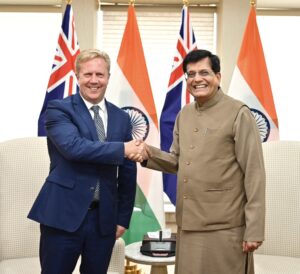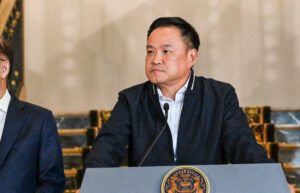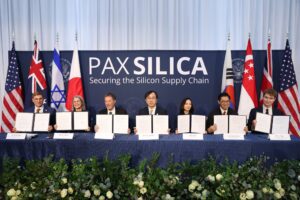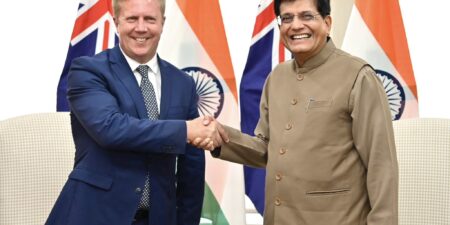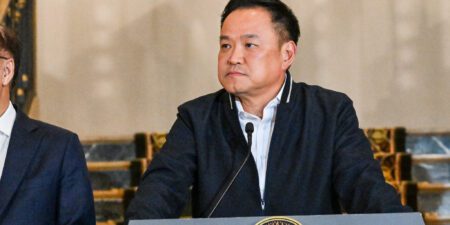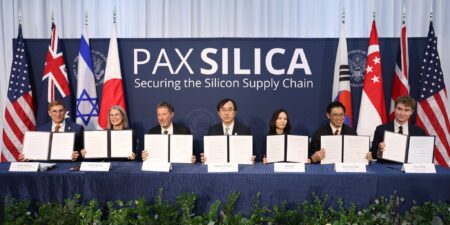
Singapore’s Election 2025: Unexpected Landslide Victory Delivers a Clear Strong Mandate for the Ruling PAP

The BGA Singapore Team, led by Managing Director Nydia Ngiow, wrote an update to clients on Singapore’s 2025 election and its implications.
Context
- Amid a leadership transition and global geopolitical and economic uncertainty, Singapore held its 14th general election since independence. The People’s Action Party (PAP) returned to power in an unexpected landslide victory May 3 with 65.6 percent of the national vote, improving on its 2020 performance by more than 4 percent. Like recent elections in Canada and Australia, Singaporeans voted for political stability and economic safety, delivering the clear and strong mandate that Prime Minister Lawrence Wong requested in his inaugural elections as PAP’s secretary-general and leader of the fourth-generation team.
- Given this clear signal of trust, stability and confidence in the PAP-led government, companies can expect to see continuity in Singapore’s economic policy, including support for digital transformation, sustainability goals and manpower policies aligned with Wong’s Forward Singapore road map.
Significance
- Although social media and online discourse played a large role in amplifying messages and conveying information to the general populace, this proved not to be as influential as expected and did not translate into support at the polling booths. Despite high levels of online engagement, the final election results diverged significantly from the momentum and narratives seen on social media platforms. Several opposition candidates who gained significant traction online underperformed at the polls, suggesting a disconnect between digital visibility and voter conversion. This discrepancy may reflect the demographics of social media users in Singapore, who tend to skew younger, versus the broader voting population, which includes older, more conservative voters who may prioritize continuity and pragmatism.
- Companies can take heed that negative campaigning was minimal, with little mention of controversies that had affected both the ruling party and the opposition. Issues previously considered potentially damaging — such as former minister S. Iswaran’s conviction on corruption charges, leader of the opposition Pritam Singh’s conviction for lying under oath (which he is currently appealing) and the resignations of four members of Parliament over extramarital affairs — had a surprisingly limited impact on the campaign narrative.
Implications
- The imminent Cabinet reshuffle is expected to bring long-awaited changes to the defense portfolio, which has been under the stewardship of third-generation leaders who have since stepped down. Wong is also likely to appoint an additional deputy prime minister alongside Gan Kim Yong and may relinquish the finance portfolio to concentrate more fully on his responsibilities as head of government. Meanwhile, the foreign affairs and home affairs portfolios are expected to remain under their current leadership. It remains to be seen whether more substantial changes will occur across other ministries, especially given how Wong and his colleagues have publicly emphasized Gan’s critical role as “the taskforce man,” underscoring his indispensability as chair of the Singapore Economic Resilience Taskforce amid ongoing uncertainties, including U.S. tariffs on Singapore exports.
- In the near term, companies will continue to have a predictable regulatory environment in Singapore that would aid in companies’ planning and operational stability amid external uncertainties. With the necessary political capital to push forward with his policy agenda, Wong will turn toward determining the make-up of his Cabinet, which will have to be announced soon ahead of the various international events slated to be held in Singapore in the coming weeks, including the upcoming Shangri-La Dialogue.
We will continue to keep you updated on developments in Singapore as they occur. If you have any comments or questions, please contact BGA Singapore Managing Director Nydia Ngiow at nngiow@bowergroupasia.com.
Best regards,
BGA Singapore Team

Nydia Ngiow
Managing Director, Global Trade and Economics
Nydia brings over a decade of experience working at the forefront of international affairs and international trade issues in the Asia-Pacific, with the majority of her career prior to BGA spent working for the Singapore government. Nydia most recently managed the China Program at the American National Standards Institute (ANSI) in Washington, D.C., where she brought together technical, business and policy leaders to find solutions to issues affecting U.S.-China trading relations to strengthen U.S. market access in China. She provided member organizations with coverage of policy and reform issues, and furthered ANSI’s relationships with counterpart organizations in China. Positioned in ... Read More
×

















